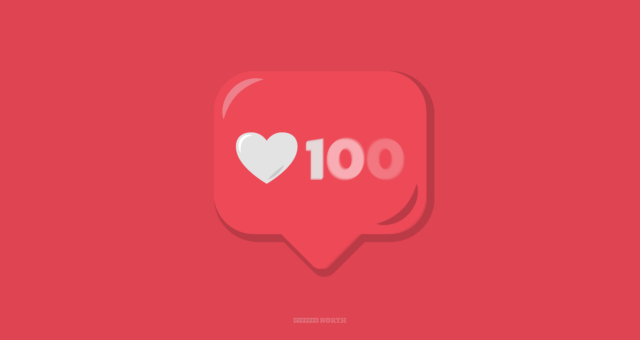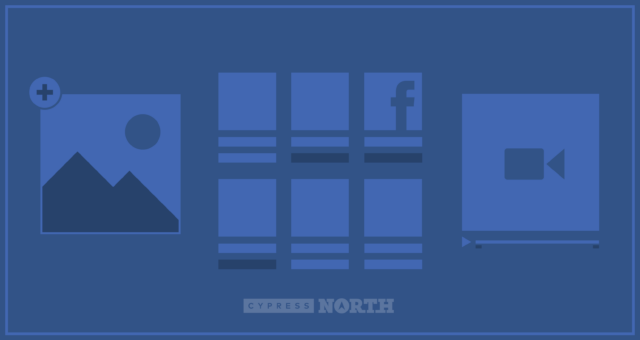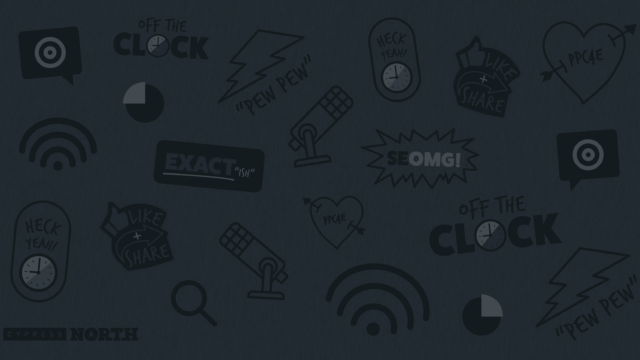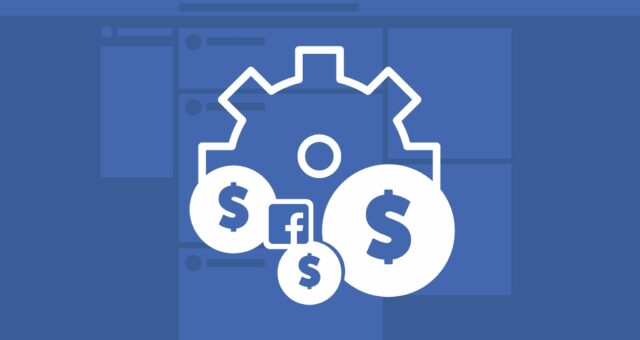Why You Shouldn’t Use Facebook Groups To Build a Community

Never have Facebook Groups been more prevalent than they are today. It seems like every podcast you listen to and site you visit is pushing fans, listeners, and visitors to follow along in a Facebook Group. It’s true, Facebook Groups have quite a few amazing features that frankly cannot be found elsewhere. With that, there are a few fatal drawbacks that make a Facebook group a non-starter for us for clients that are trying to build a community.
To clarify, when we say community, we are talking about more than just a simple destination for discussion to take place. We are talking about this with goals of building a loyal following, growing, and cultivating a supportive environment while helping members and furthering your brand and site initiatives.
Why Facebook Groups are Great For Interaction & Conversation
Active Users
Facebook has one major advantage for cultivating conversation – the active users on the platform. This is the number one reason why Facebook Groups should be leveraged over an alternative technology. As an active member of quite a few groups, having group posts show directly within my news feed helps spotlight discussions and surface content. There isn’t even a close second place to Facebook Groups when it comes to generating awareness.
Low-Friction Setup
Another benefit of Facebook Groups, and likely the most appealing for most, is that there is next to no work to set it up. All you have to do is create the group and you are done. No software installs and no maintenance – you hit the ground running in a full on sprint.
Familiar Facebook-y Feel
Lastly, Facebook Groups come equipped with the familiar, Facebook-y features. An adequate search, standard post discussions, and the simplicity of the Facebook platform. Your group-mates don’t need to learn anything new.
This all sounds great, right? Why wouldn’t you use Facebook Groups?
Why We Don’t Recommend Facebook Groups For Community Building
Rented Property
If you were to build a house, would you build it on rented land without a contract? We wouldn’t. The odds of Facebook crashing and burning are low --- but possible (see Friendster, MySpace). When the service ends, so does the community.
Let’s say that Facebook won’t be leaving anytime soon. Well, Facebook may discontinue. There is no inkling that it would ever happen, but it is entirely possible. Many folks loved Facebook answers and took time helping the community, only to see it discontinued out of the blue. There is no guarantee that Facebook Groups will be around in 2, 5 or 10 years. If what you are doing is important, you should consider that.
Limitations & Lack of Scalability
Facebook Groups are extremely limited. You can’t expand offerings, build new features and fully support your audience’s needs with Groups. You get what Zuck gives. Traditional forums can be scalable to include anything from signatures to leaderboards, badges to offers, and even API calls for expansion and integration, etc. You have the ability to tweak your offerings and messaging to what the community demands. Not with Facebook.
Flexibility and scalability are so important when it comes to the long game and future planning. An example of this is that just last year, Bill Simmons started a new sports journalism site called The Ringer. Like other publishers at the time, they made a move to launch the site on the Medium platform. On an episode of Marketing Land today, I called this move questionable nor recommended as they’d lose control of their options if they were relying solely on someone else’s system. It was recently announced that The Ringer will be building their own site at some point, citing the Medium move as just a hedge to get the site up quickly and cheaply. You could go see the discussion that we had on this topic on our blog post here, except that conversation happened on Blab.fm which has since closed. When in doubt, do it yourself.
A good example of owning your community is BiggerPockets. They have a customized forum that has a plethora of categories, threads, notifications, and systems that serve their community beautifully. They aren’t hamstrung by technology – if they want a feature, they add it on. The experience that members have couldn’t be more different than Facebook. Leaderboards, profile pages customized to the industry, email notifications on topics of interest, user history, user reputation scores, etc. A truly custom experience that has helped BiggerPockets flourish.
Better Findability
Lastly, having open, indexable forums for your community can be a boon for your search engine strategies. If posts have in-depth commentary and great information, your organic traffic may skyrocket. A good example of this is the BogleHeads.org forum. Free of nearly all bells and whistles, this community is chock full of discussion that you can’t avoid if Googling any type of index fund or mutual fund query. The community and the user generated content provides layers of quality content for Google and others. You simply won’t get this with Facebook Groups.
The Verdict
In conclusion, If your community is something important to your business – take the time to build it yourself and build it on your own property.
Meet the Author

Greg Finn
Greg is the Head of Performance and Innovation for Cypress North's digital marketing team and one of the founders of our agency. In 2010, he and Matt Mombrea started Cypress North in Buffalo. Greg oversaw the opening of our second office in 2022, located in his hometown of Rochester.
As Head of Performance and Innovation, Greg co-manages our digital marketing department and works closely with our team to ensure all our clients achieve the best possible results. He is always looking for ways to test new digital marketing techniques and technology, and oversees all teaching and training efforts to ensure our agency stays ahead of the curve.
Greg is also a co-host of our weekly Marketing O'Clock podcast, where he and the team provide updates, insights, and hot takes on the latest SEO, PPC, and social media marketing news. In addition to weekly news shows, Greg hosts our Marketing O'Torial digital marketing tutorials and often co-hosts bonus Marketing O'Talk episodes that bring together panels of digital marketing experts.
With nearly two decades of experience, Greg is a known and trusted voice in the digital marketing community. He’s a contributor for Search Engine Land, a member of the Search Marketing Expo (SMX) programming team, and has been a featured speaker at some of the largest search engine conferences, including SMX, eSummit, and Pubcon.
When he’s not working or staying updated on the latest trends, Greg enjoys watching his kids play sports and coaching their soccer team. He’s been named the runner-up “Greg of the Year” on Marketing O’Clock’s annual Clockscars Awards four years in a row. While the coveted award has evaded him for many years, Keanu Reeves has not. Greg once saw him at Gabriel's Gate tavern in Buffalo (and noted he was very tall.)
























